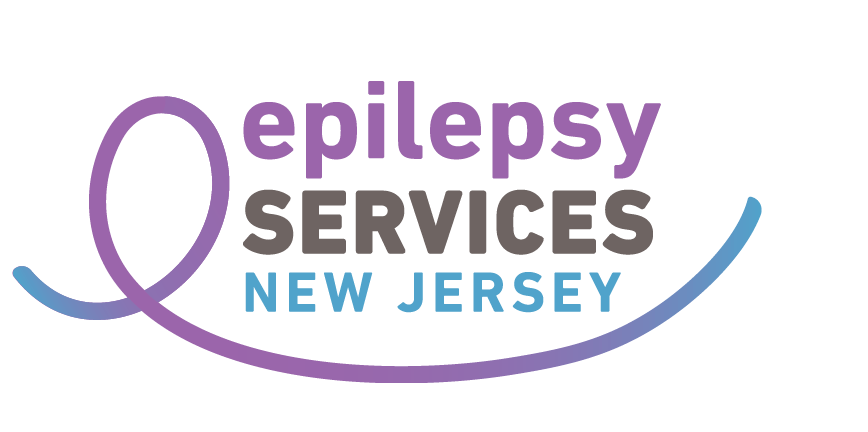Seizure Types
Generalized Seizures
- Involve the whole brain
- Common types include absence and tonic-clonic
- Symptoms may include convulsions, staring, muscle spasms and falls
Generalized Absence Seizures
- Pause in activity with blank stare
- Brief lapse of awareness
- Possible chewing or blinking motion
- Usually lasts 1 to 10 seconds
- May occur many times a day
- May be confused with:
- Daydreaming
- Lack of attention
- ADD
Generalized Tonic Clonic
- A sudden, hoarse cry
- Loss of consciousness
- A fall
- Convulsions (stiffening of arms and legs followed by rhythmic jerking)
- Shallow breathing and drooling may occur
- Possible loss of bowel or bladder control
- Occasionally skin, nails, lips may turn blue
- Generally lasts 1 to 3 minutes
- Usually followed by confusion, headache, tiredness, soreness, speech difficulty
Partial Seizures
- Involve only part of the brain
- Common types include simple partial and complex partial
- Symptoms relate to the part of the brain affected
Focal Aware
- Full awareness maintained
- Rhythmic movements (isolated twitching of arms, face, legs)
- Sensory symptoms (tingling, weakness, sounds, smells, tastes, feeling of upset stomach, visual distortions)
- Psychic symptoms (déjà vu, hallucinations, feeling of fear or anxiety, or a feeling they can’t explain)
- Usually lasts less than one minute
- May be confused with: acting out, mystical experience, psychosomatic illness
Focal Impaired Awareness
- Awareness impaired/inability to respond
- Often begins with blank dazed stare
- AUTOMATISMS (repetitive purposeless movements)
- Clumsy or disoriented movements, aimless walking, picking things up, nonsensical speech or lip smacking
- Often lasts one to three minutes
- Often followed by tiredness, headache or nausea
- May become combative if restrained
- May be confused with:
- Drunkenness or drug abuse
- Aggressive behavior
